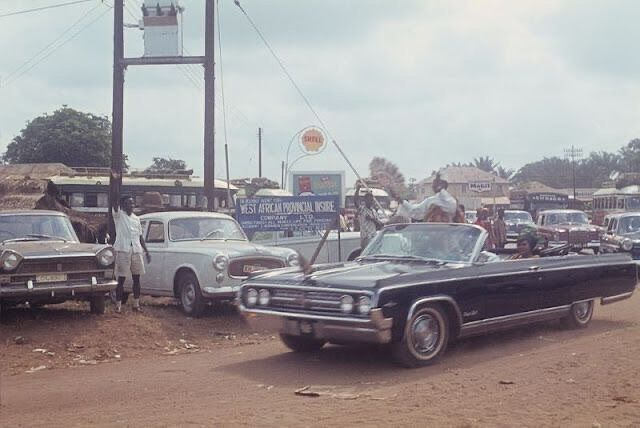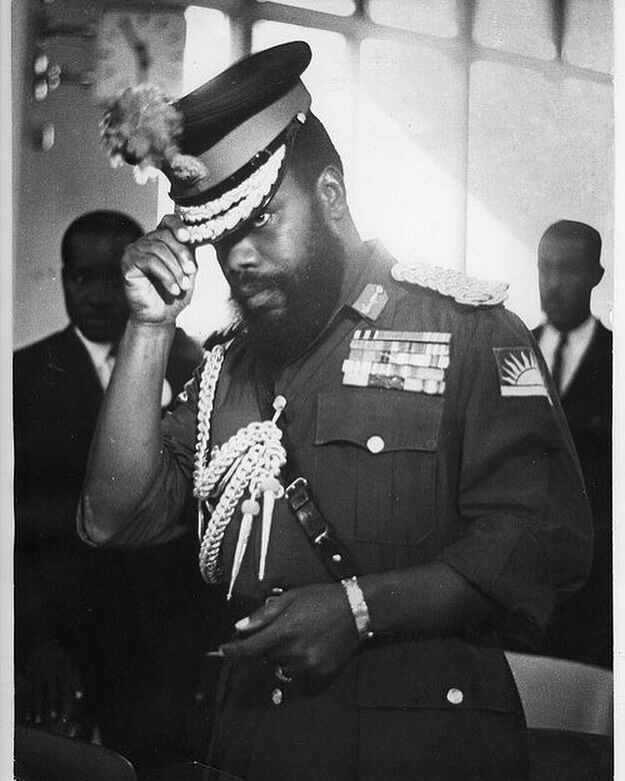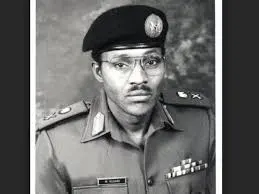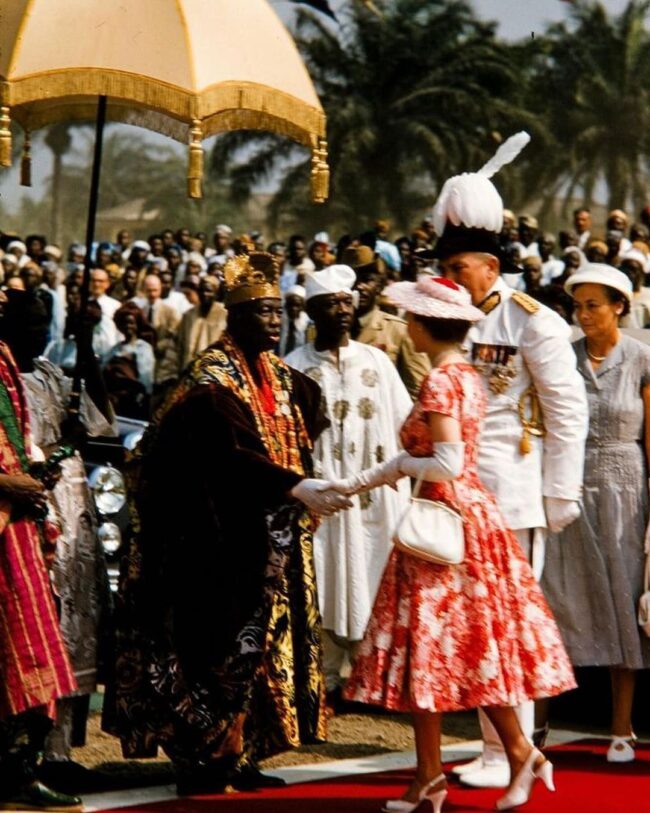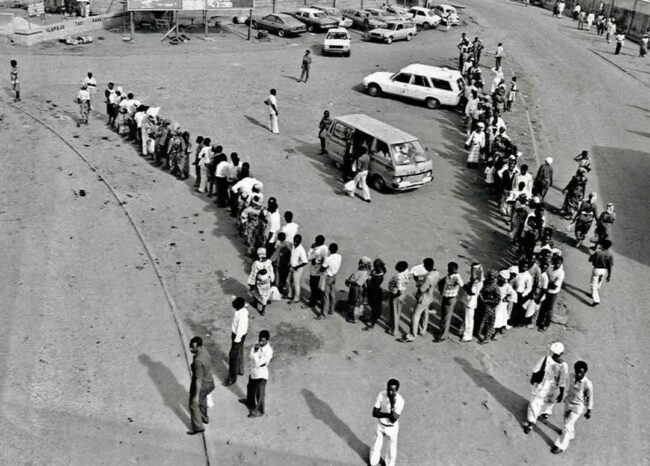Death of Chiboke De John, a.k.a CD John Via an Accident in Victoria Island, Lagos
As a rising figure in the Nigerian comedy scene, Chiboke De John, better known by his stage name CD John, made contributions to reggae and music. On Thursday, March 24, 2011, a deadly auto accident ended his promising career. CD John, who was well-known for his distinct approach to fusing comedy and music, attracted a devoted fan base very fast. Before the sad tragedy that took his life, he appeared to have a bright future in the entertainment world. Early in the morning, while CD John was returning from an album listening event for the musician Harrysong, the occurrence took place, held in Victoria Island’s Tribeca, located on Adetokunbo Ademola Street in Lagos. CD John performed as the event’s compere, showing his skills for a grateful audience. Following the event, he got into a convoy of three cars, one of which was being driven by Kunle Oluwaremi, the winner of Gulder Ultimate Search Season 7 and the character SARO in the movie Anikulapo, as they made their way to his residence in Jakande Estate, Isolo, Lagos. Sadly, as its occupants were busy pasting campaign posters, the convoy came upon a stationary black Toyota Corolla, purportedly one of Governor Babatunde Raji Fashola’s campaign vehicles, blocking the route. The convoy’s lead vehicle swerved and struck the Corolla’s rear side, but CD John’s fast-moving black Golf 3 struck the Explorer Jeep, the second vehicle in the convoy, and broke apart. CD John was the only one in his car’s four occupants to die from his injuries. The budding comedian was treated for severe head trauma at St. Nicholas Hospital in Lagos, but he was not able to recover. The Nigerian comedy scene was devastated by his sudden passing and the loss of a gifted comedian whose potential was never completely reached. CD John’s untimely death serves as a reminder of both the transient nature of life and the importance of road safety.

